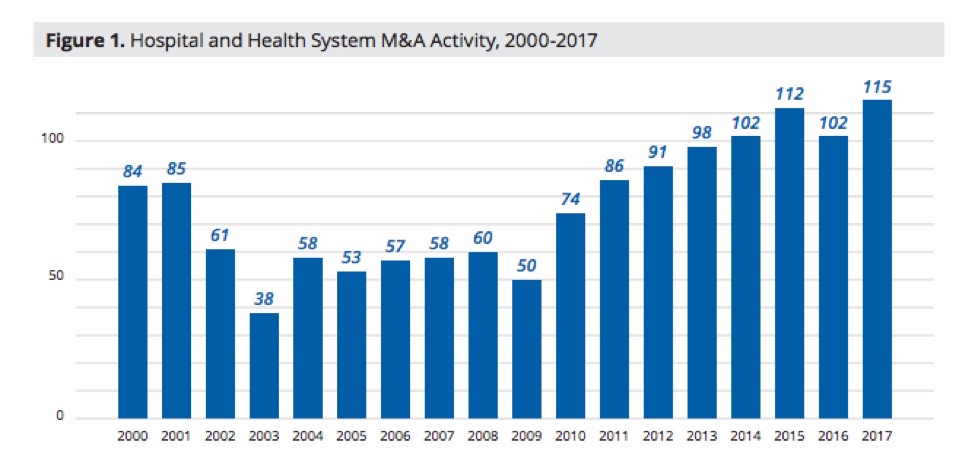The Coastland Times republished column by JLF’s Jordan Roberts on hospital mergers on Sunday. Roberts writes that these mergers can be bad for patients for two reasons: price and quality. On price, Roberts writes:
Numerous studies have shown evidence that when hospitals consolidate, patients pay higher prices for procedures. Naturally, when there are few hospital competitors in a given area, the incumbent hospitals have enhanced market power to dictate costs and access.
This basic principle of monopoly control has been evidenced in multiple studies, Roberts explains:
For example, one study found that prices are 12% higher in markets where there is a monopoly hospital, compared to those where there are four or more competitors. Another analysis examined 25 metropolitan areas where concentration was the highest and found that between 2010-13, the price of an average hospital stay increased anywhere from 11% to 54% percent.
Roberts writes that mergers may not have a positive impact on the quality of health care either:
But the reality is the largest, most expensive looking hospital may not be the best in terms of producing the highest quality health outcomes.
Citing a study by Martin Gaynor and Robert Town, Roberts writes about the power of, and need for, competition:
Competition among hospitals leads to better health outcomes. While some of the most expensive hospitals may have a good track record for healthy outcomes, competition ensures that market participants are responsive to patients needs in ways not to lose them to their competitors.
Unfortunately, despite this reality, Roberts reports mergers are on the rise (see image).

Read the full piece here. Learn more about health care in North Carolina here.

